Essential Oils and COVID-19, Separating Facts from Fiction with Natural Therapy
The COVID-19 virus caused a global pandemic in 2020 and has been a widespread concern ever since then. People are constantly in search of ways to fight the virus and eliminate symptoms. Some people turned to essential oils for help, but do they really do any good against the virus? This blog looks deeper into essential oils and Covid 19 or sars cov 2.
Plant derived essential oil components and oils cannot stop or heal the COVID-19 virus, but they can help lessen the symptoms and side effects with some antiviral activity and efficacy. Essential oil constituents have both antiviral effects and anti-inflammatory properties. Some of the best oils for this are lavender, lemon, eucalyptus, peppermint, tea tree, and oregano.
Natural remedies, including plant derived essential oils, can sometimes offer an alternative solution to help treat those who have been affected by the COVID-19 virus. Here is everything that you need to know about natural products and plant extracts, plant derived essential oils and their role against COVID-19; a condition that causes acute respiratory distress syndrome.
Unraveling the Origins of COVID-19
COVID-19, caused by the SARS-CoV-2 virus, has been a global health crisis without precedent in recent history. Three years on from the first reported case, the question of its origins remains a central issue. This segment seeks to explore what we know about the origins of COVID-19, based on scientific research and expert assessments.
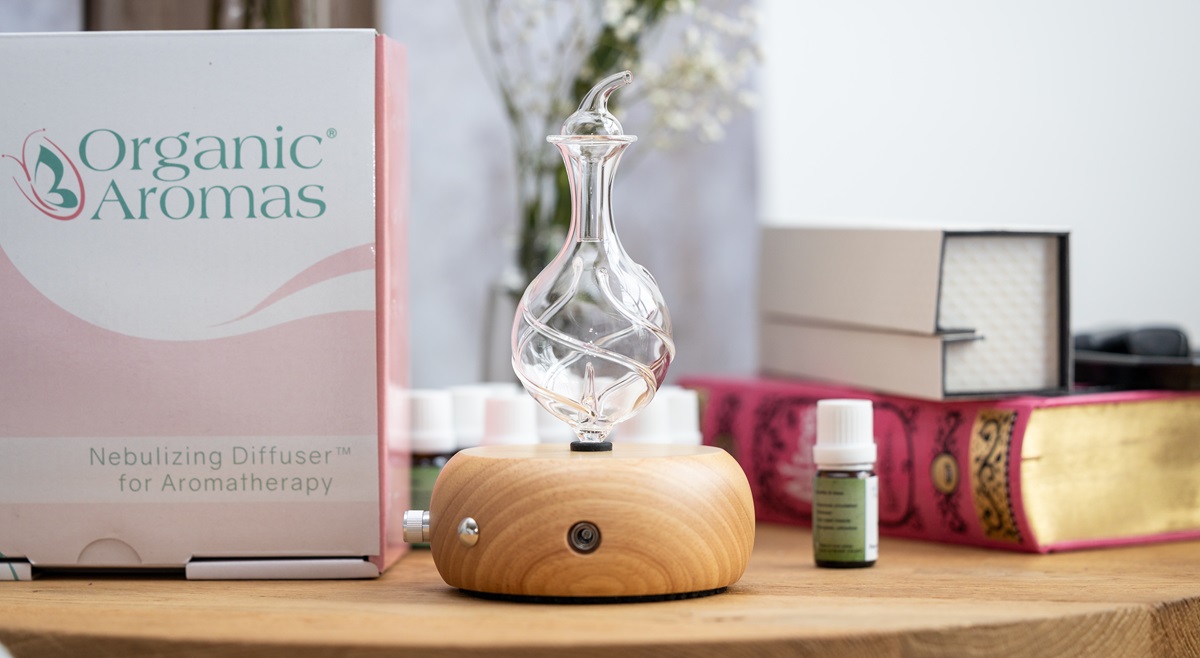
The Emergence of SARS-CoV-2
The COVID-19 pandemic is a class of epidemics resulting from human-to-human transmission of the severe acute respiratory syndrome coronavirus 2 (SARS‐CoV‐2) . The disease first appeared in the city of Wuhan, located in China’s Hubei province.
Early reports linked the virus’s initial outbreak to a seafood market in Wuhan. However, subsequent investigations indicated that the virus might have been circulating among humans before it was discovered at the market.
Assessments of COVID-19 Origins
The U.S Intelligence Community (IC) assesses that SARS-CoV-2, the virus that causes COVID-19, probably emerged and infected humans through an initial small-scale exposure. However, the specifics of how this exposure happened are still under investigation.
In the quest for answers, scientists seek to understand how the pathogen emerged and spread because this knowledge is vital for preventing future outbreaks.
Lab Leak Theory vs. Natural Origin
Debate over the virus’s origin has often centered around two main theories: a lab leak from the Wuhan Institute of Virology or natural transmission from animals to humans.
Some witnesses at a hearing pointed to the science, facts, and evidence suggesting a lab leak in Wuhan. However, it’s important to note that as of now, there is no definitive proof to fully substantiate this claim.
On the other hand, many scientists believe that the virus likely has a natural origin. Coronaviruses are zoonotic, meaning they can jump from animals to humans. SARS-CoV-1 and MERS-CoV, the viruses responsible for the SARS and MERS epidemics, both originated in animals before jumping to humans.
The Role of Genetic Sequencing
Genome sequencing has been crucial in tracing the origins of the virus. SARS-CoV-2 belongs to the broad family of coronaviruses, which also includes SARS-CoV-1 and MERS-CoV. Comparing the genetic sequences of these viruses can provide insights into how SARS-CoV-2 evolved and adapted to humans.
However, as some experts note, with current genome editing technology, it is easy to manipulate a virus in a laboratory, but it is much easier to manipulate public opinion with misinformation. Therefore, it’s crucial to approach this issue with an understanding of the scientific process and a critical eye for misinformation.
The Importance of Understanding Origins
Understanding the origins of COVID-19 is not about assigning blame but about learning how to prevent future pandemics. Whether the virus originated from a lab or from animals, the focus should be on improving safety protocols in labs handling dangerous pathogens and reducing risky human-animal interactions.
While the World Health Organization (WHO) and other scientific bodies continue to investigate the origins of the virus, it’s important to remember that our knowledge may continue to evolve. Science is a process of discovery, and sometimes, finding definitive answers takes time.
Finally, while we have made significant progress in understanding SARS-CoV-2, the exact origins of the virus remain unknown. However, continued research and collaboration across international borders are crucial to unravelling this mystery and better preparing us for future pandemics.
What Are Essential Oils?
Essential oils are extracts from plants that are compacted and turned into oils through various processes. These processes include distillation through steam or water or cold pressing. Once these chemicals become extracted, they are combined with a type of oil called carrier oil. Together, these create lemon essential oils or oil products. These oils contain the “essence” of the plants, which is where they get their name.
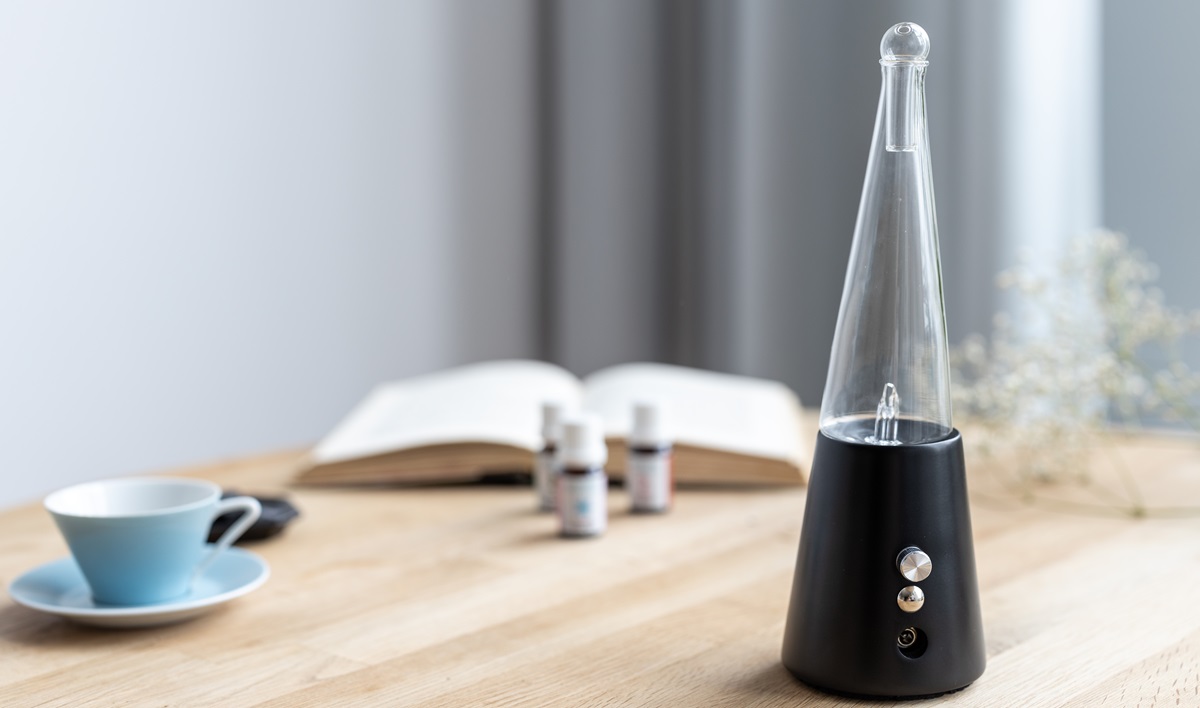
Many essential oils have also been called “natural remedies” or “alternative medicine.” They provide a method of treatment for people who oppose, have issues with traditional medicine or wish to use natural products or alternative options in combination with Western medicine. Essential oils can have many different purposes, but they are widely used and distributed throughout various companies.
How to use Essential oils:
Aromatherapy uses the inhalation of essential oils. When essential oils are inhaled, they can activate the limbic system. The limbic system is responsible for behaviors, emotions, sense of smell, and long-term memory. Inhaling stimulating essential oils can help produce appropriate immune responses, in the limbic system, where hormones that help with different functions are produced. For example, lavender can help the body sleep longer.
If you inhale lavender before bed, the lavender will send a message to the limbic system to relax your muscles, and you will therefore fall asleep easier.
Diffusers can utilize aromatherapy by creating a pleasant-smelling room and producing positive health benefits for those in the room and near the diffusers.
Essential oils can also be diluted and applied directly to the skin. When applied to the skin, the plant chemicals selected essential oils can be absorbed and positively affect host cells in the body.
The Fight Against COVID-19
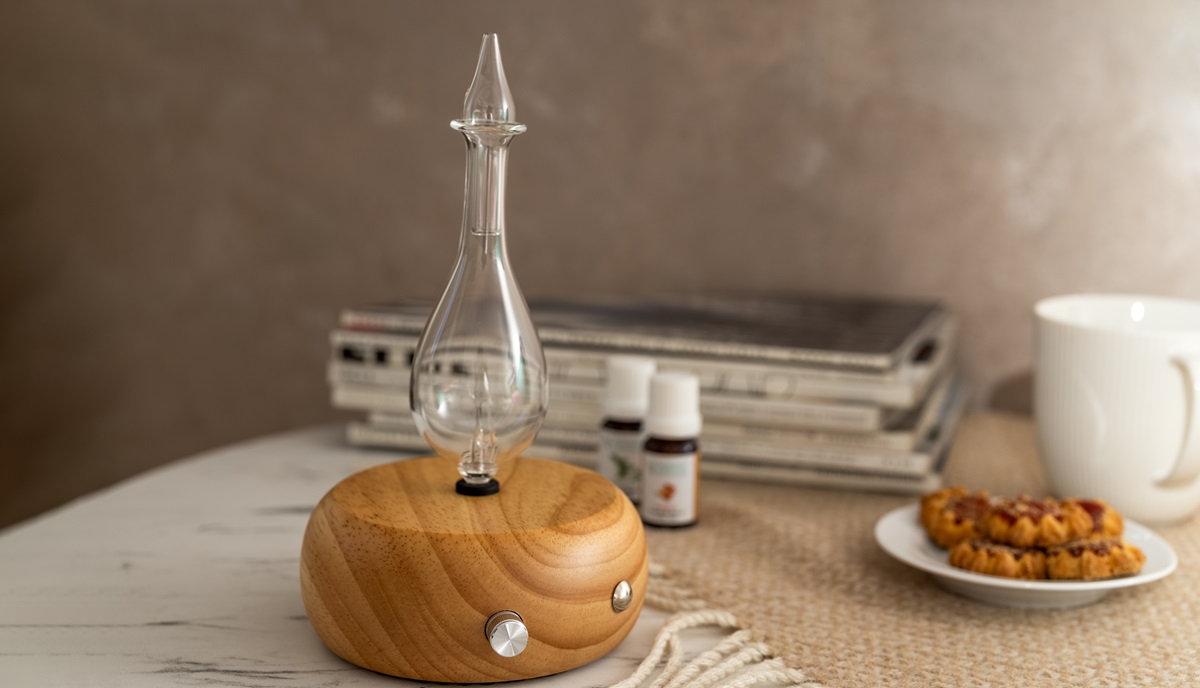
Near the end of 2019 and the start of 2020, a new variation of the SARS virus, called COVID-19, became a deadly pandemic around the world. This virus, which is also referred to as the Coronavirus, is an infectious respiratory virus that can cause an infection in the nose, sinuses, or upper throat. This virus presents itself differently in different patients and can spread through direct contact or water droplets.
Ever since the virus outbreak grew to a pandemic, doctors and physicians have been actively looking for ways to prevent, treat and eradicate the disease. They encourage social distancing, the use of masks, and heavy use of hand sanitizer (with an alcohol content of at least 70%), and encourage people to do all that they can to remain healthy.
Alongside scientists and doctors, people have been looking for their own ways to prevent the disease and to lessen the side effects. Many have turned to natural remedies and alternative forms of medicine to help in the fight against the effects of the virus. Some of these natural remedies include the use of essential oils as a way to combat and lessen the effects of the virus.
It’s important to note that essential oils have never been proven to successfully prevent people from contracting COVID-19, but they can be used as a natural supplement for people who are sick.
Is There a Role for Essential Oils in the Fight Against the New SARS Virus?
Essential Oils as Immunity Boosters:
Essential oils have been used to help build up the body’s natural immunity to defenses. Essential oils effectively build up the immune system because of their antiviral, anti-inflammatory, and antimicrobial properties. Some of the best oils to help build a healthy immune system are lavender, lemon, eucalyptus, peppermint, tea tree, and oregano.
These essential oils can boost your immune system through various ways, including relaxation of the body, which allows it to strengthen its natural resources and build up a defense against viruses and diseases. If the body is overly stressed, the immune system is weaker and less likely to do its job.
Boosting your immune system does not guarantee that you will be unaffected by COVID. However, by boosting your immune system and using these antiviral oils, you can help your body combat the side effects of COVID and, if you get the virus, they may decrease the duration that you are affected by it.
Essential Oils as Anti-inflammatory
Essential oils have been known to have anti-inflammatory properties. These anti-inflammatory properties can help with reducing the severity and side effects of commonplace sicknesses. For example, essential oils such as peppermint, tea tree, and eucalyptus have been known to help reduce the swelling and inflammation in the airways and nasal passageways of patients who have a common cold.
Essential Oils as Antiviral Agents:
According to a study done in May of 2020, essential oils have been screened against several pathogenic respiratory viruses. These viruses include the influenza virus, as well as other respiratory viral infections. The study demonstrated that essential oils act synergistically with other treatments and produce a positive result. They also can activate other antiviral agents. The study also stated that these essential oils have a high potential to help lessen the side effects of COVID. Again, they aren’t a complete substitute, but they may help a bit.
Essential Oils as Lipids:
The research and science literature on this topic has produced a great deal of evidence about the effectiveness of essential oils against bacteria, viruses, microbes, and fungi. In the book, Lipids and Essential Oils as Microbial Agents, doctors and scientists confirm the effect of essential oils on viruses. Essential oils can help penetrate the lipid layer of viruses easier than many other medicines can. Therefore, essential oils can be an effective natural remedy to help alleviate symptoms and shed the virus.
How to Effectively use Essential Oils to Manage COVID Side Effects:

As discussed earlier, essential oils have various methods of use. After surveying a Facebook essential oil group, we found that over half of the responders (about 60%) believed that using a diffuser with diluted oils was the best way to utilize the most positive effects from the oils.
About 40% believed in applying the oils directly to the skin on their feet each night so that the properties of the oils would be absorbed into the bloodstream.
In the survey, the majority of users believed that these oils have properties that can protect your body from COVID, and they can help lessen the side effects of COVID, but they cannot completely eradicate the disease, nor can they guarantee that you will not get the disease.
The Role of Essential Oils in the Management of COVID-19
A variety of authors, including Ahmed Al-Harris, Saurabh Bhatia, and Tapan Behl, are publishing a book called Role of Essential Oils in the Management of COVID-19. This book is set to be published on November 1st, 2021.
This book helps to examine how natural therapy using essential oils is a safe and effective method to improve health, cure ailments, and soothe the body and the mind. This book examines and discusses the various elements associated with essential oils. This includes the extraction process, dispensing method, chemistry, therapeutic effects, quality of control, application and various other factors that can help isolate and identify the true role and therapeutic strategy of essential oils in the ongoing battle against COVID-19.
Ahmed Al-Harassi is one of the primary authors of this book. He is a doctor of Organic Chemistry who was awarded the Fulbright award in 2008. He founded the Natural and Medical Sciences Research Center, merging chemistry and biology research at the University of Nizwa, Oman, and he is currently serving as a professor of organic chemistry.
Dr. Saurabh Bhatia, another primary author of this book is a Doctor of Pharmaceutical technology and is working as an Associate Professor at Natural and Medical Sciences Research Center, University of Nizwa, Nizwa, Sultanate of Oman, and Adjunct Associate Professor, Amity University Haryana, India. He has been actively involved in pharmaceutical industry for about 12 years in academic experience and research on nanotechnology, biotechnology, microbiology, analytical chemistry, and many other fields.
The authors of this book seek to convey the truth about the role Essential oils play. Help support them by preordering a copy of their book.
Best Essential Oils to Help Combat COVID Side Effects:
Eucalyptus:
According to a research article put out by PMC labs, eucalyptus oil is used to help treat upper and lower respiratory tract infections such as bronchitis, sinusitis, and pharyngitis. Eucalyptus is a common essential oil and has many healing properties. This essential oil has been shown to help the muscles relax, therefore opening up the airways.
Eucalyptus oil has also been shown to have positive results on asthmatic patients and has both reduced the severity of an asthma attack and helped to prevent a future asthma attack through the use of relaxing the airways and reducing inflammation, as well as decreasing stress levels that can lead to a possible attack.
Eucalyptus has also been shown to have positive effects in fighting viral infections and certain viruses, such as mumps and herpes. Essential oils with eucalyptus have been able to help inactivate frees influenza A and disrupt the structures of the influenza virus.
Eucalyptus has been shown in in vitro studies and vivo studies to have high antiviral activity and is successful against viral respiratory infections. Therefore, eucalyptus can be positively used to help fight the COVID-19 virus once it enters the body. Reports have shown that the severity of the virus and the likelihood of death are due to the lungs’ inflammation. Eucalyptus has been shown to decrease and minimize inflammation.
Lavender:
Lavender is one of the most researched essential oils types. Lavender is the most effective essential oil used in helping the body relax and destress. High-quality lavender essential oils contain linalool and linalyl that, when put together, produce a calming effect. Lavender affects receptor activity. The receptors that it affects trigger the parasympathetic nervous system, which in turn causes the body to calm down.
This de-stressing of the body can help patients relax, which means that their immune system is going to function a lot better. Not only does it help their immune system, but if their muscles are relaxed, they are going to sleep better, and sleep helps protect and repair the body’s defense system.
Tea Tree Oil:
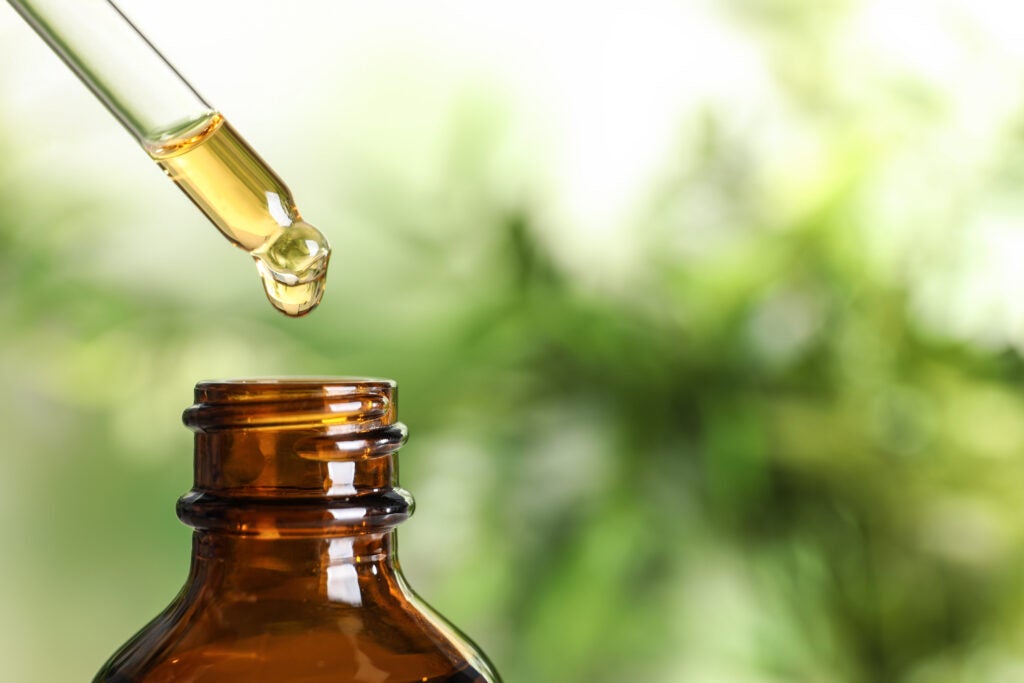
Tea tree oil is an essential oil that is antibacterial and has been used to kill off bacteria and effectively fight viruses. Tea tree and garlic essential oil that is effective because it contains aldehydes and phenols. Aldehydes are a disinfectant that can sterilize and kill fungi, bacteria, and viruses. Phenols, on the other hand, are compounds that act as antioxidants, and these also have antimicrobial properties.
Tea tree oil has been known as a treatment for acne to attack and manage the bacteria on the face and to safely eradicate it. However, tea tree oil also has properties that can help to reduce COVID symptoms. Tea tree oil is antiseptic and contains anti-viral properties. Many essential oil advocates have created handmade hand sanitizer recipes, which include a tree oil blend to help kill bacteria and potential viruses.
10 More Essential Oils for Covid-19
1. Oregano Oil
Oregano essential oil, especially derived from Origanum dictamnus L., has exhibited remarkable active constituents with antiviral activity, according to a study published on news-medical.net. The oil contains carvacrol and thymol, two active compounds known for their antiviral properties.
However, it’s crucial to remember that while oregano oil may aid the body’s natural defenses, it is not a substitute for proper medical care or preventive measures such as vaccination. It should be used as part of a holistic approach to maintaining health during the pandemic.
2. Sage Oil
Sage, particularly Greek sage (Salvia fruticosa Mill.), has shown potential antiviral properties. The essential oil derived from this plant can be diffused in the air or used in a massage blend for its calming effects.
Again, while sage oil may contribute to general wellness, it doesn’t offer guaranteed protection against COVID-19. Always follow medical advice and continue practicing recommended precautions.
3. Thyme Oil
Thyme oil has been lauded for its antibacterial and antiviral properties. It’s thought to boost immunity and respiratory health, which could be beneficial during a respiratory illness like COVID-19.
However, no concrete scientific evidence exists that directly links thyme oil to COVID-19 prevention or treatment. It can be used as part of an overall wellness routine, but it’s not a standalone solution against the virus.
4. Clove Oil
Clove oil is often used for its antiseptic properties. It’s believed to boost immunity and promote respiratory health, potentially offering some support during a pandemic.
Despite these potential benefits, clove oil is not a proven treatment or preventive measure for COVID-19. Always consult with a healthcare professional before starting any new health regimen.
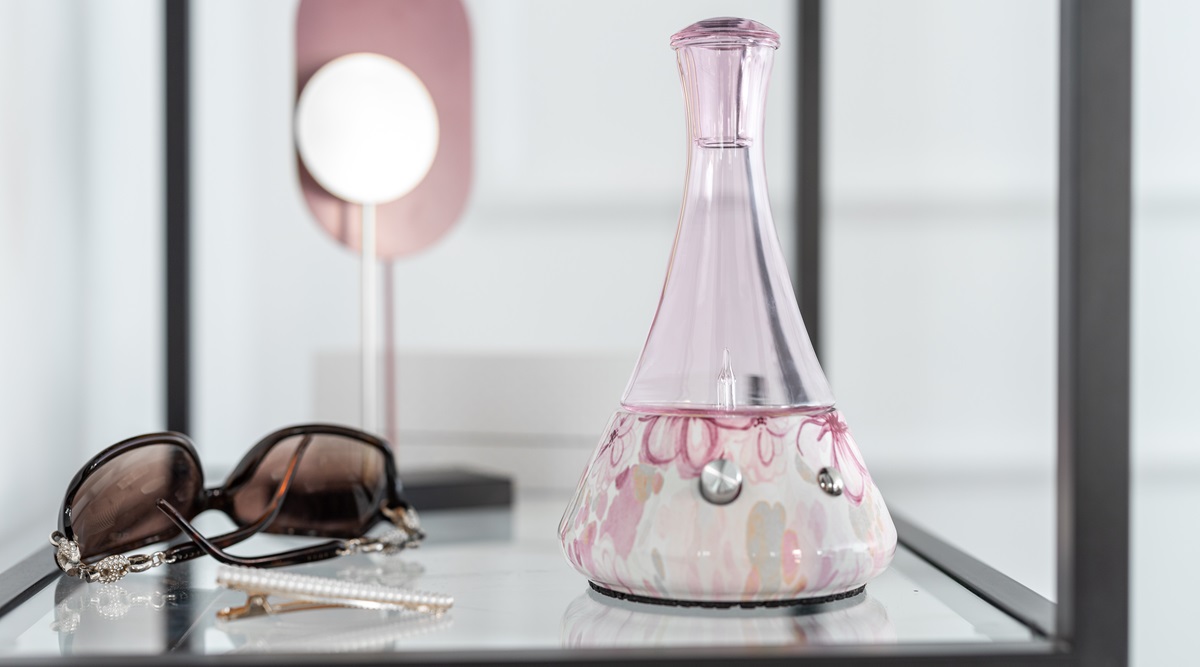
5. Lemon Oil
Lemon essential oil is known for its refreshing and uplifting properties. It’s thought to stimulate the immune system and promote overall well-being.
However, while lemon oil can contribute to a healthy lifestyle, it’s not a proven remedy against COVID-19. Continue following health guidelines and taking recommended precautions against the virus.
Peppermint oil is often used for its invigorating and refreshing properties. It’s also been touted for its potential to soothe upper respiratory tract symptoms and discomfort.
While peppermint oil can be a comforting addition to your wellness routine, remember that it doesn’t provide guaranteed protection against COVID-19. Always consult with a healthcare professional for advice.
7. Rosemary Oil
Rosemary oil is often used for its stimulating effects on the mind and body. It’s thought to support respiratory health and boost immunity.
Despite these potential benefits, rosemary oil is not a proven treatment or preventive measure for COVID-19. Always follow medical advice and continue practicing recommended precautions.
8. Frankincense Oil
Frankincense oil has been used for centuries for its soothing and calming benefits. It’s believed to enhance immunity and promote respiratory health.
However, while frankincense oil may support overall wellness, it’s not a proven solution against COVID-19. Continue following health guidelines and taking recommended precautions against the virus.
9. Cinnamon Oil
Cinnamon oil is known for its warming and stimulating properties. It’s thought to strengthen the immune system and promote overall health.
However, cinnamon oil is not a cure or preventive measure for COVID-19. Always consult with a healthcare professional before starting any new health regimen.
10. Ginger Oil
Ginger oil is often used for its warming and invigorating properties. It’s believed to boost immunity and support respiratory health.
10 Tips to Prevent COVID-19 in 2024 and Beyond
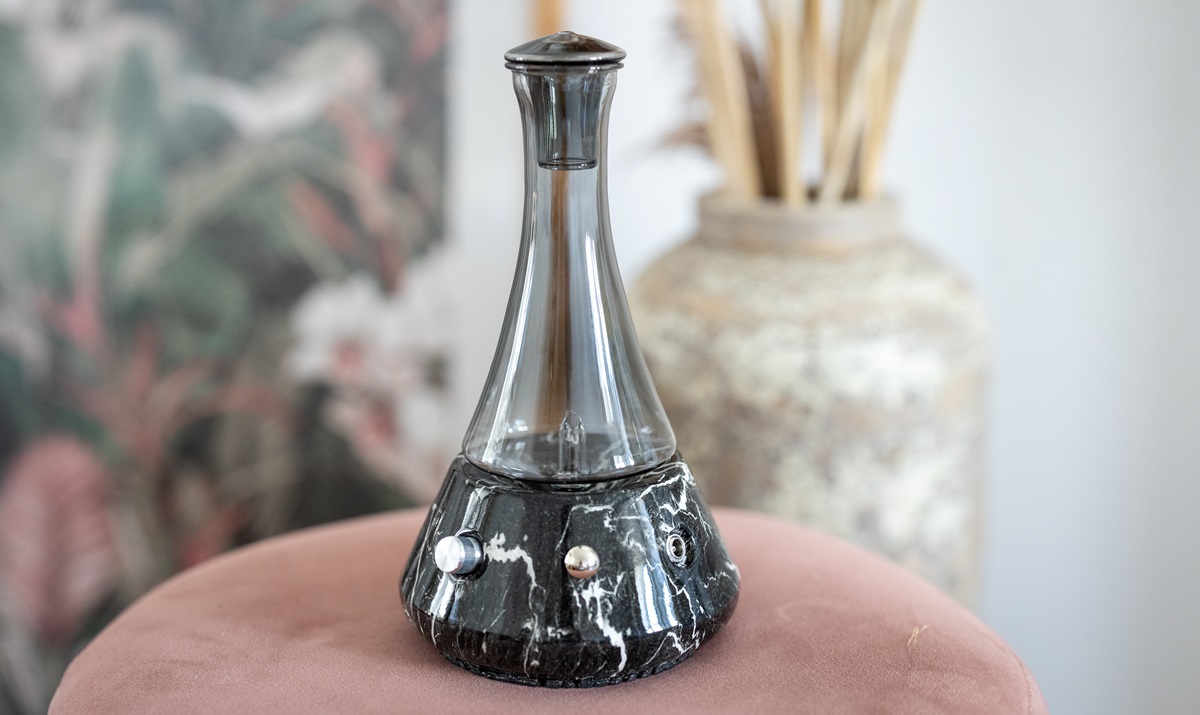
The COVID-19 pandemic has been an unprecedented global health crisis, but we can all play a role in preventing its spread. Here are ten tips for keeping yourself and your community safe from the virus in 2023 and beyond.
1. Vaccination
It’s crucial to get vaccinated against COVID-19 if you haven’t yet done so. Vaccines have proven effective in reducing severe illness and hospitalization. They also help slow the spread of the virus by reducing transmission. Remember, it’s not just about protecting yourself, but also those around you who may be more vulnerable.
If you’ve already been vaccinated, ensure that you stay up-to-date with any booster shots. The nature of viruses means they can mutate, and additional doses may be required to maintain high levels of immunity against new variants.
2. Regular Testing
Even if you’re vaccinated, regular testing remains essential. Rapid antigen tests can detect the virus before symptoms appear, helping prevent unwitting transmission. If you’re feeling unwell or have been in contact with someone who tested positive, getting tested immediately is vital.
Also, remember to follow local guidelines on testing. Some regions might require frequent testing, especially if you work in high-risk environments like healthcare facilities or schools.
3. Mask Wearing
Wearing masks, particularly in crowded indoor settings, can significantly reduce the risk of transmission. Many rejected mask wearing but this measure was proven effective in 2020. Even though vaccines offer protection, masking adds an extra layer of defense, especially against more contagious variants.
Choose masks that fit well and cover your nose and mouth entirely. High-quality masks, such as N95 or KN95, provide more filtration and are recommended in areas with high transmission rates.
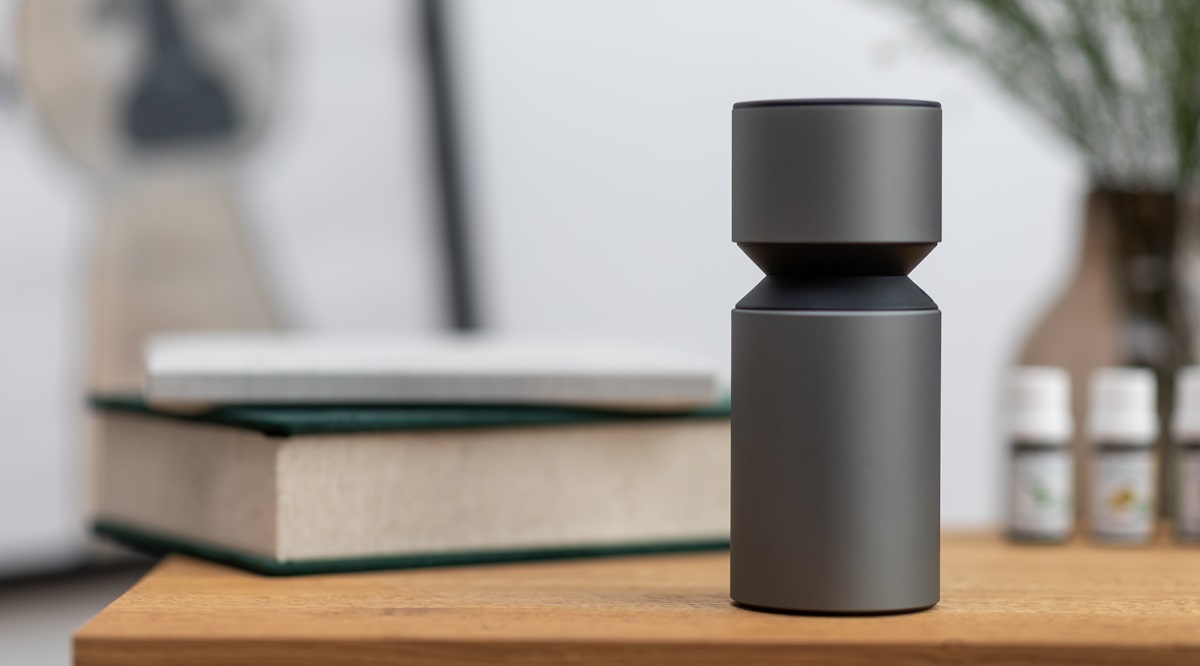
4. Social Distancing
Maintaining physical distance from others is still a useful tool in slowing the spread of COVID-19. Avoid close contact, especially in enclosed spaces with poor ventilation.
When possible, opt for outdoor activities or meet in well-ventilated indoor spaces. While the recommended distance may vary, keeping at least 1 meter away from others is a good rule of thumb.
5. Hand Hygiene
Regular handwashing with soap and water for at least 20 seconds remains one of the most effective ways to prevent COVID-19. If soap and water aren’t available, use an alcohol-based hand sanitizer.
Avoid touching your face, particularly your eyes, nose, and mouth, as these are common entry points for the virus. Regularly clean high-touch surfaces like door handles and cell phones to minimize risk.
6. Healthy Lifestyle
Maintaining a healthy lifestyle can help bolster your immune system. Regular exercise, a balanced diet, adequate sleep, and stress management can keep your body better equipped to fight off infections.
This doesn’t mean you’re immune to COVID-19, but a strong immune system can help reduce the severity of symptoms if you do contract the virus.
7. Ventilation
Good ventilation is key in preventing the spread of COVID-19, especially indoors. The virus can linger in the air in enclosed spaces, and regular air exchange can help reduce the risk.
Open windows and doors when possible, and consider using air purifiers or upgrading your HVAC system’s filters for better indoor air quality.
8. Stay Informed
With the situation around COVID-19 constantly evolving, staying informed is essential. Follow reputable sources like the World Health Organization and your local health department for updates on guidelines, vaccine availability, and new developments about the virus.
Be wary of misinformation, which can spread fear and confusion. Verify information before sharing it with others.
9. Travel Safely
If you need to travel, take precautions to protect yourself and others. Check travel advisories before leaving, get tested before and after your trip, and follow all local guidelines at your destination.
Consider the risks associated with different types of travel. For instance, crowded airports and planes may pose a higher risk than driving in your own vehicle.
10. Respect Others
Finally, remember that we’re all in this together. Respect others’ boundaries and comfort levels, as they may differ from your own. Some may still prefer to maintain distance or wear masks even as restrictions ease.
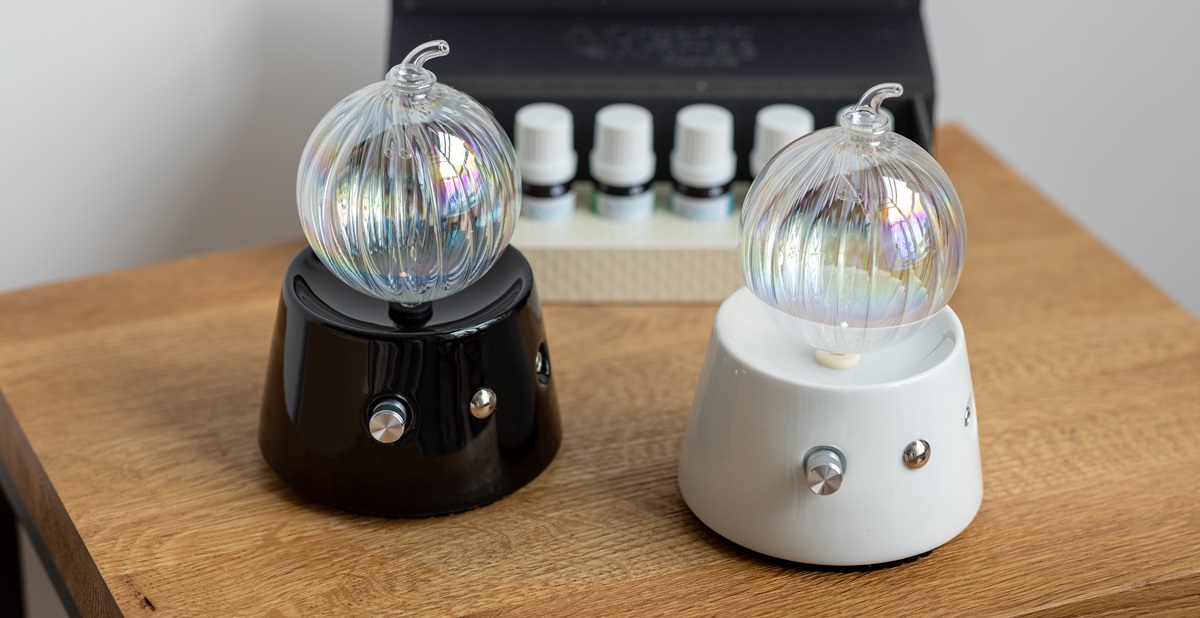
By practicing empathy and understanding, we can foster a sense of community and mutual support, which is vital in overcoming this global crisis.
To sum up, while the world has made significant strides in managing COVID-19, ongoing vigilance is necessary. By following these ten tips, you can contribute to the collective effort to keep ourselves and our communities safe.
Caution Using Essential Oils
Although Essential oils have many healing properties that can be beneficial, you should use caution when using essential oils. These oils should be used for their intended purpose only, and unless the oil is specifically defined for ingestion, you should not consume the oil.
Essential oils should be kept out of reach of young children, to decrease the risk of unsafe consumption or usage of the oils.
Furthermore, when Essential oils are used in a diffuser, they should be used in 30-60 minute intervals and not for any longer. The diffusers should also be used in well-ventilated areas.
Diluting the oil is a good idea too. Although it is not always necessary to dilute the oil, it is best to be safe rather than sorry, so that there is less of a chance of the pure oil extract causing harm or damage in any way. Dilution is especially important when applying oils topically. Undiluted, pure oils should not be applied directly to the skin.
Certain Essential oils are likely to irritate the skin, and as such, they should be used with extreme caution. Essential oils such as lemongrass, clove, and cinnamon bark are more likely to cause irritability than others.
Finally, remember that essential oils are not miracle cures. They cannot make COVID, or any other disease go away automatically. Essential oils with their broad antiviral activities are complimentary.
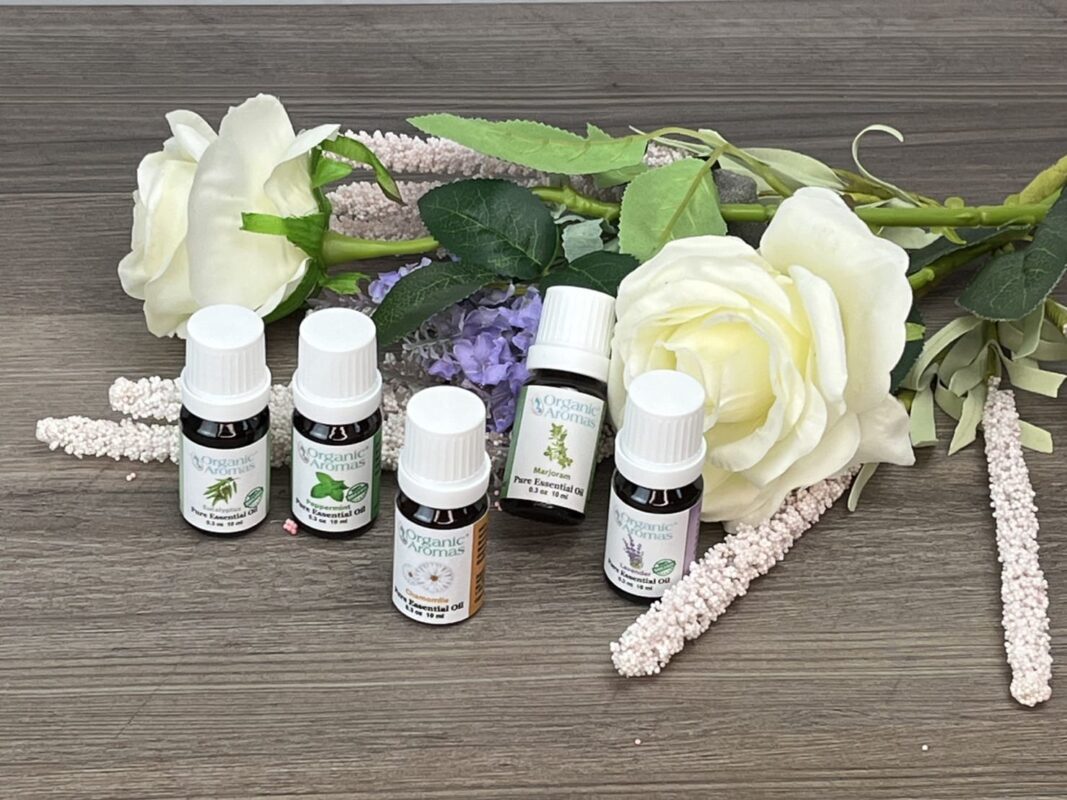
Is COVID-19 Still a Threat Today?
The world has experienced significant changes since the outbreak of the COVID-19 pandemic. With the rollout of vaccines and advancements in treatments, we’ve seen a shift in how the disease is managed. But as we near the end of 2023, a pressing question remains: Is COVID-19 still a threat today?
Understanding the Current Scenario
The World Health Organization (WHO) declared an end to the COVID-19 global health emergency on May 5, 20231. This announcement marked a significant turning point in our fight against the virus. But it’s essential to understand that this doesn’t mean the disease is no longer a global threat. As long as the virus continues to spread anywhere, it poses a danger to people everywhere, including Americans at home.
The Persistence of COVID-19
Despite the end of the global health emergency, experts warn that COVID-19 remains a persistent public health threat. Notably, WHO designated the Omicron EG.5 lineage as a “variant of concern” on September 7, 2023. This highlights the virus’s ability to mutate and potentially undermine our control measures.
The Role of Vaccination and Therapeutics
Vaccines and therapeutics have played a crucial role in decreasing the risk of severe illness and death from COVID-19. The success of these tools, however, depends on their widespread and equitable distribution. Surveys among US adults and parents of adolescents show varying attitudes and confidence towards COVID-19 vaccination, underlining the importance of ongoing efforts to promote vaccine uptake.
The Ongoing Response to COVID-19
Efforts to manage and recover from the pandemic continue. The US government, for instance, has emphasized its commitment to leading the world out of the pandemic. Meanwhile, organizations like the UN stress that while the declaration of the end of the public health emergency is a positive development, it doesn’t mean the disease is no longer a global threat.
So, Is COVID-19 Still a Threat Today?
The consensus among health experts is clear: while we’ve made significant strides in managing COVID-19, the virus remains a persistent threat. Its ability to mutate, coupled with uneven vaccine distribution and uptake, means that vigilance is still necessary.
This doesn’t mean we should live in fear. Instead, we should continue to follow public health guidelines, get vaccinated if we haven’t already, and strive to keep ourselves and our communities safe. The end of the global health emergency doesn’t mark the end of the pandemic, but it’s a step towards a future where COVID-19 is manageable and no longer dominates our lives.
Finally, while the world has changed since the start of the pandemic, the threat of COVID-19 remains. It’s up to each of us to stay informed, stay safe, and contribute to the global effort to control the virus.

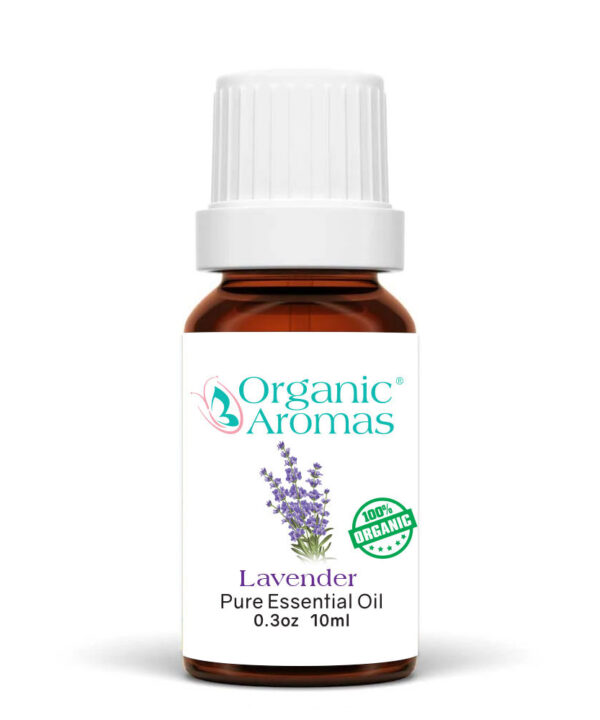
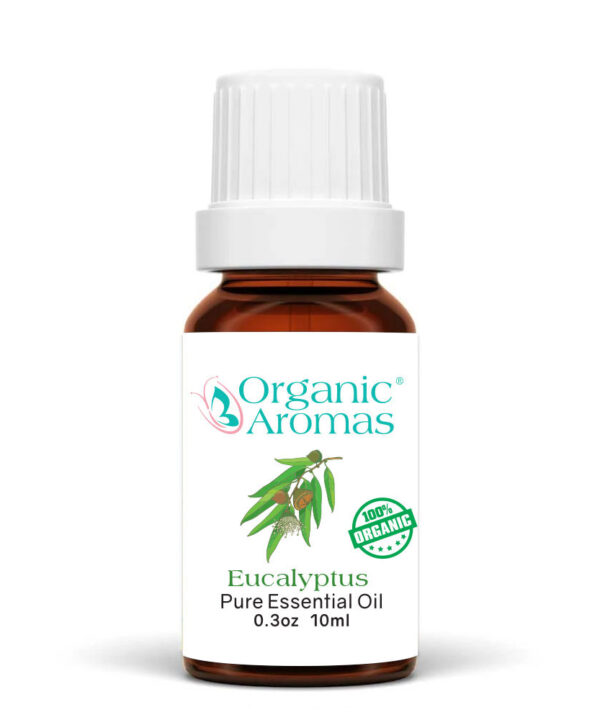
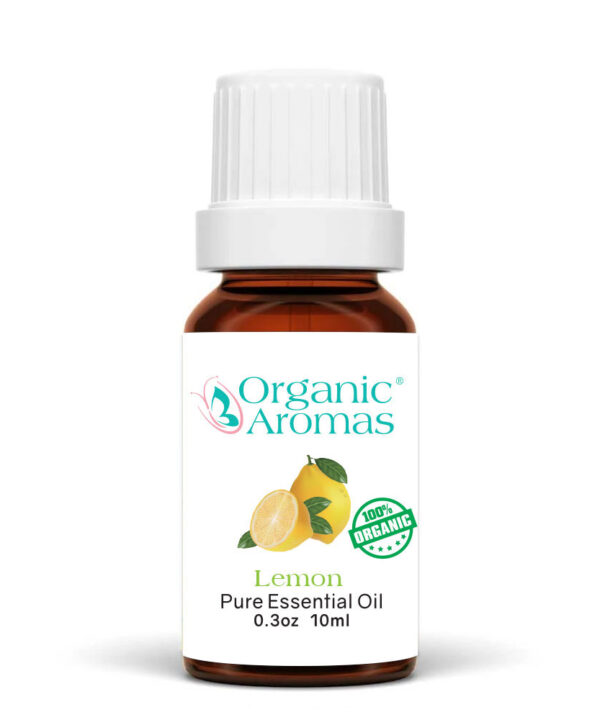
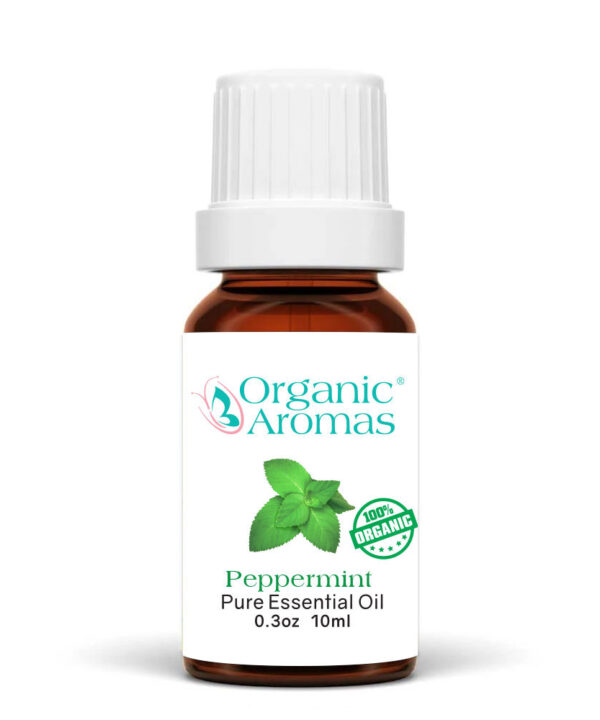
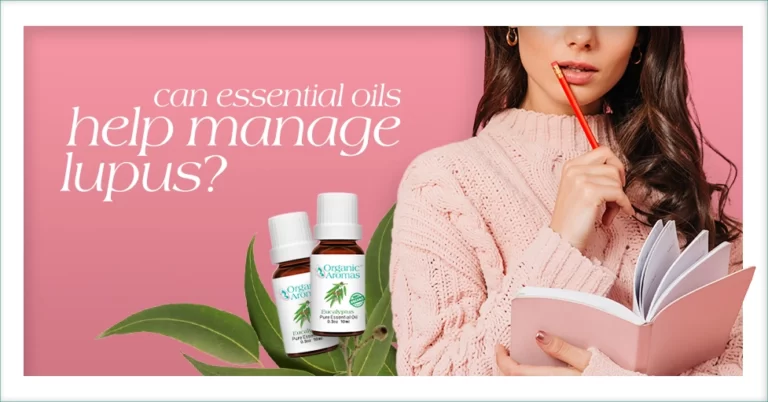
where did you see the testimony about Dr Uma? I would like to read more about cure for autism
Thank you
Thank you for the article
To clean the air in my home, I run these 24 hours a day for at least 3 days. I use a diffuser and a humidifier with a concoction of several essential oils:
A pinch of red iodine, Lemongrass, mint, orange, thyme, myrrh, frankincense, sandalwood, oregano, tea tree, eucalyptus (i spray the last two) including rubbing alcohol on my mattress to kill bacteria, mites, etc..
intersting
good to know i have a lot of these on hand at home. i will starting using them a bit more now i think, thank you for the info
Interesting article! Very informative.
Thank you for another informative article
I never thought that I will be so captivated by oils !!
Nice info on essential oils
love the tips thanks
Very informative ty
I really enjoyed this article! Thank you
Beautiful essential oils to nurture and inspire.
Thanks for the fascinating article and all the info.
I’ll try anything which will boost my immunity
Good to know
Useful
Interesting
Thanks for all the great information.
Thanks for the great article.
wow i didnt know about these oils and covid
I honestly believe that not many people know exactly how to use oils
This is really good information.i love essential oils tho I do have to be careful because if too strong I get headaches
I found it interesting that essential oils can help with immunity.
i would consider other measures to help combat more severe symptoms of covid and other respiratory infections
Thanks for the great article.
I definitely agree that Eucalyptus can decrease stress levels. I have a eucalyptus lemon blend that is really calming and the scent is quite pleasant. I love that a variety of oils have different benefits.
Essential oils are great natural remedies.
Good quality oil blends are so soothing
The problem is not the efficacy of essential oils – Tulsi and Cinnamon I believe were officially researched but it is knowing how to apply them effecitively – different doses can have different effects
Useful information.
There have been so many miracle cures and treatment for COVID. So much disinformation. I hope this isn’t more of the same. It could cost people their lives.
Very interesting! Will look into.
Thanks for this article, very helpful.
sounds good
Cool!
great information
nice!!
i really enjoyed this article,i have a lot of essential oils and its hard to know which ones to use,this article made it so much simpler to understand,thank you
Great info! Nice to know.
I had no ideal about essential oils and COVID, thank God I have not got it. I do use a lot of Eucalyptus oils for my breathing problem and it does help me
Thanks for all these facts!
Great Info
Interesting information. I like new ideas.
Time to go back to nature.This will save us
Thank You
I didn’t know this about essential oil but I knew about COVID and how to doctors treat it so you can better.
interesting stuff
Will EOs touch Covid? My honest answer is most likely, but really, I just don’t care. Everything else didn’t just disappear when Covid showed up and it is by far not the only dangerous microorganism out there. Essential oils have such a wide variety of usages, often times being FAR more effective or just as effective as man-made antibiotics. I know this from personal experience, a few examples being I cleared both Staph Aureus and Ringworm on a toddler with Oil of Oregano!
Long story short, if they don’t wholly kill it, they will certainly help with what does.
Good info related to COVID.
Greeaaaaaaaaaaaaaaaaaat
Very good points made here.